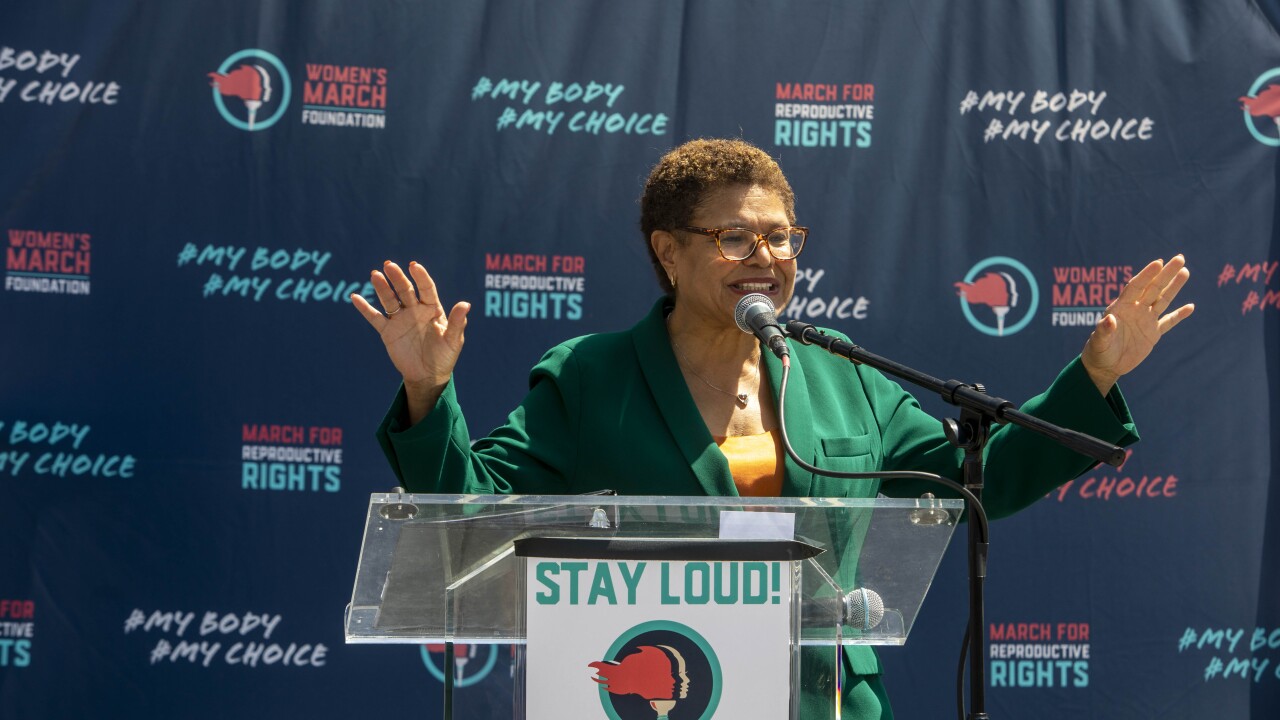The chairman and chief executive of New York’s Metropolitan Transportation Authority said the timing is ideal for two bond sales in March, including a $400 million offering next week.
“With interest rates at their all-time lows, I can’t think of a better time to go to market,” Joseph Lhota said after Wednesday’s board meeting in Manhattan.
The MTA is scheduled to sell $400 million of transportation revenue bonds next Wednesday. The transaction will consist of $150 million of floating-rate notes and $250 million of fixed-rate bonds.
The authority’s board approved the issue in January as part of a $1 billion financing for new-money needs for existing approved transit and commuter capital projects.
The agency will sell the remaining $600 million in April.
Also in March, the MTA plans to sell $440 million in a dedicated tax-fund reoffering to replace Dexia Bank on outstanding Series 2002B bonds. Franco-Belgian lender Dexia collapsed amid the European debt crisis and the French, Belgian and Luxembourg governments bailed it out in October.
After all three transactions, the MTA will eliminate its exposure to Dexia.
Fitch Ratings on Wednesday assigned an A to next week’s sale, while affirming the same rating on $15.2 billion of outstanding transportation revenue bonds. The outlook is stable.
At the public speaking part of the meeting, several laid-off station agents urged the board to release money from a retiree health care fund.
“I respectfully disagree. We’re still working with fragile economic conditions,” Lhota said. “We have a $13.2 billion unfunded liability, of which we have put against it $470 million. It’s nowhere near enough.”
Lhota added that contract talks with Transport Workers Union Local 100 were “candid and moving forward.” The previous contract expired Jan. 15.
“I talked with John this morning,” Lhota said, referring to John Samuelson, who represents the TWU’s 34,000 workers.
Fitch said a favorable outcome from labor negotiations is essential to the MTA’s four-year financial plan. The agency, which coordinates North America’s largest transit network, serves 2.6 billion riders annually.
Earlier in the week, the authority released a report that said daily trips across its nine crossings averaged around 776,000 in 2011, compared with 843,000 four years earlier — representing a 7% drop.
Still, the MTA realized more than a billion and a half dollars in tolls in 2011. Total average traffic peaked in October 2007 and has generally kept declining throughout the period, while E-ZPass electronic toll usage continued an upward trend that began in August 2009, the report said.
The MTA is proceeding with plans to abolish cash toll booths on the Henry Hudson Bridge, which connects New York City’s Bronx and Manhattan boroughs.
The board, which has two vacancies after the resignations of Nancy Shevell and Patrick Foye, announced the departure of the MTA’s media relations director, Jeremy Soffin.





